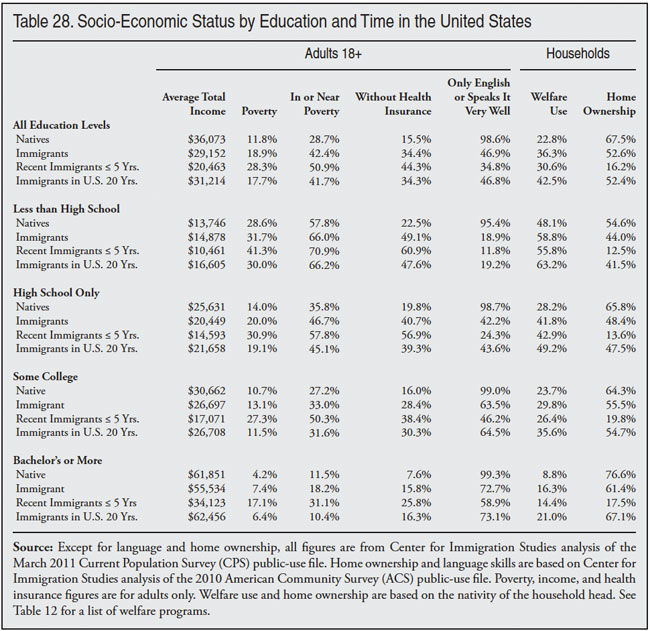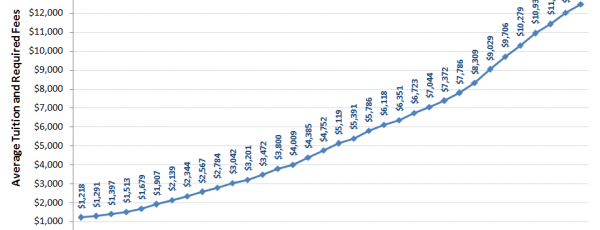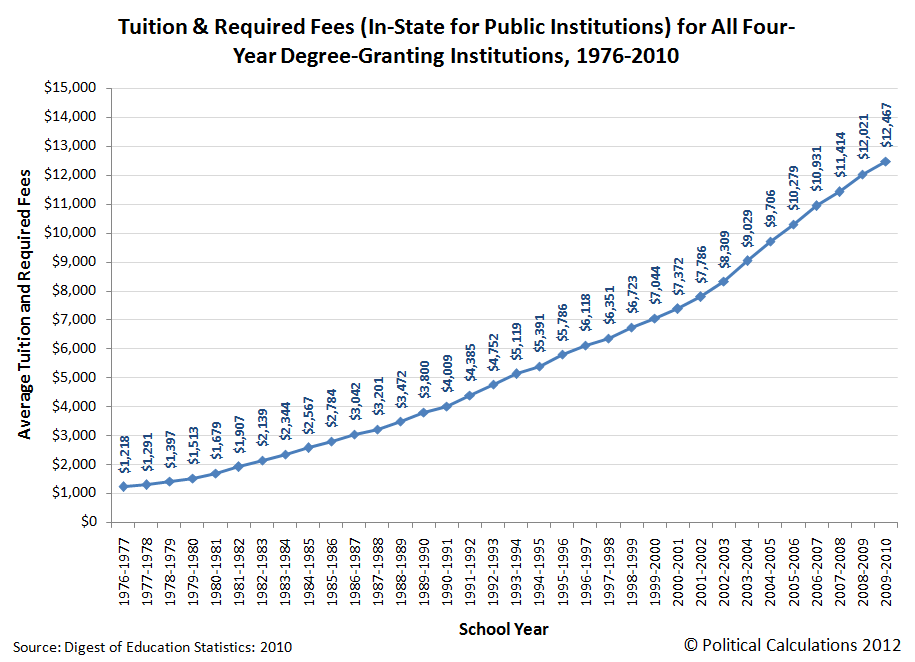
Stats of Immigrants
Last night I had the privilege and honor of meeting Hector and Dianna from Honduras. This husband and wife came to an info session for our Spanish General Education Program that allows students with limited English proficiency to enroll directly into college-level courses that are delivered in Spanish to facilitate English language learning.
Hector asked most of his questions in Spanish, worried that his English was not strong enough to convey the complex and sophisticated questions he had about the program. He needed to be sure he understood the details.
I discovered Hector was about to turn 55 and wanted his Associate’s degree so that he could become a para-educator in the local public school. After the meeting was over, I asked Hector and Dianna to tell me why they came to the United States. Being the grandson of an immigrant from Spain, I am always curious about the reasons a person leaves their home country to come to the U.S.A. Hector told me his story. At 5:39 am on June 28, 2009, Honduras experienced a coup d’état in the form of a constitutional crisis, resulting in public protests and military intervention. At the time, Hector, who had served as a teacher and a principal in the local school system, was a professor of Sociology at a local university. Dianna taught Geology at the same university. Feeling a sense of duty and obligation, they recorded some of the public protests and sent the footage to media outlets in the United States and other countries. As a result, they were threatened by local authorities and forced to flee from their home and to seek asylum in the U.S., a place they had only visited earlier in their lives.

Meat Packing Plant
Today, this former university professor works in a meat processing plant, literally slaughtering cattle with a knife, every day. Dianna, recently promoted to a union representative, had also worked in the ground beef packing division of the same meat processing plant.
As a former Director of Admissions, I have personally conveyed to incoming students the value of an education, describing it as an investment that will have a lifetime return. What I learned from Hector and Dianna is that I was wrong. I learned that the same system of higher education that makes those bold promises of irrefutable value is the same system that diminishes it.
This week I have met Spanish-speaking students who hold Bachelor’s and Master’s degrees from institutions in their home countries that are not recognized by the American education system. Forcing these students to start over, only after being subjected to months, if not years, of ESL programs, is an outrage. As I listened to Hector and Dianna, the full gamut of emotions swept over me – from sorrow, to frustration then to anger – at how something like this could possibly happen in a system purportedly run by highly educated individuals. Then my thoughts turned to the hypothetical – how quickly could this could happen to us if something equally as catastrophic happened in our hometown? How many of us in HigherEd would be willing to seek asylum in another country, kill cows with a large knife and package their parts while possessing the intellect and education to be a professor or an administrator at a college?

eduKan’s ELL Program
Hector and Dianna’s passion for education and their patience with their new American life has inspired me to so something about the situation. Frankly, I am not sure what that is, but I made a promise to my new friends to help them in any way I can. They truly feel blessed to have the opportunity to be in the U.S. and to raise their three children in a country as free as ours. Although they make more money as meat packing employees in the U.S. than they did as university professors in Honduras, Hector is relentlessly pursuing his Associate’s degree, not to earn a promotion at the plant, but to earn certification to be a Para-educator at his children’s school – a job that fills his soul more than his wallet.







